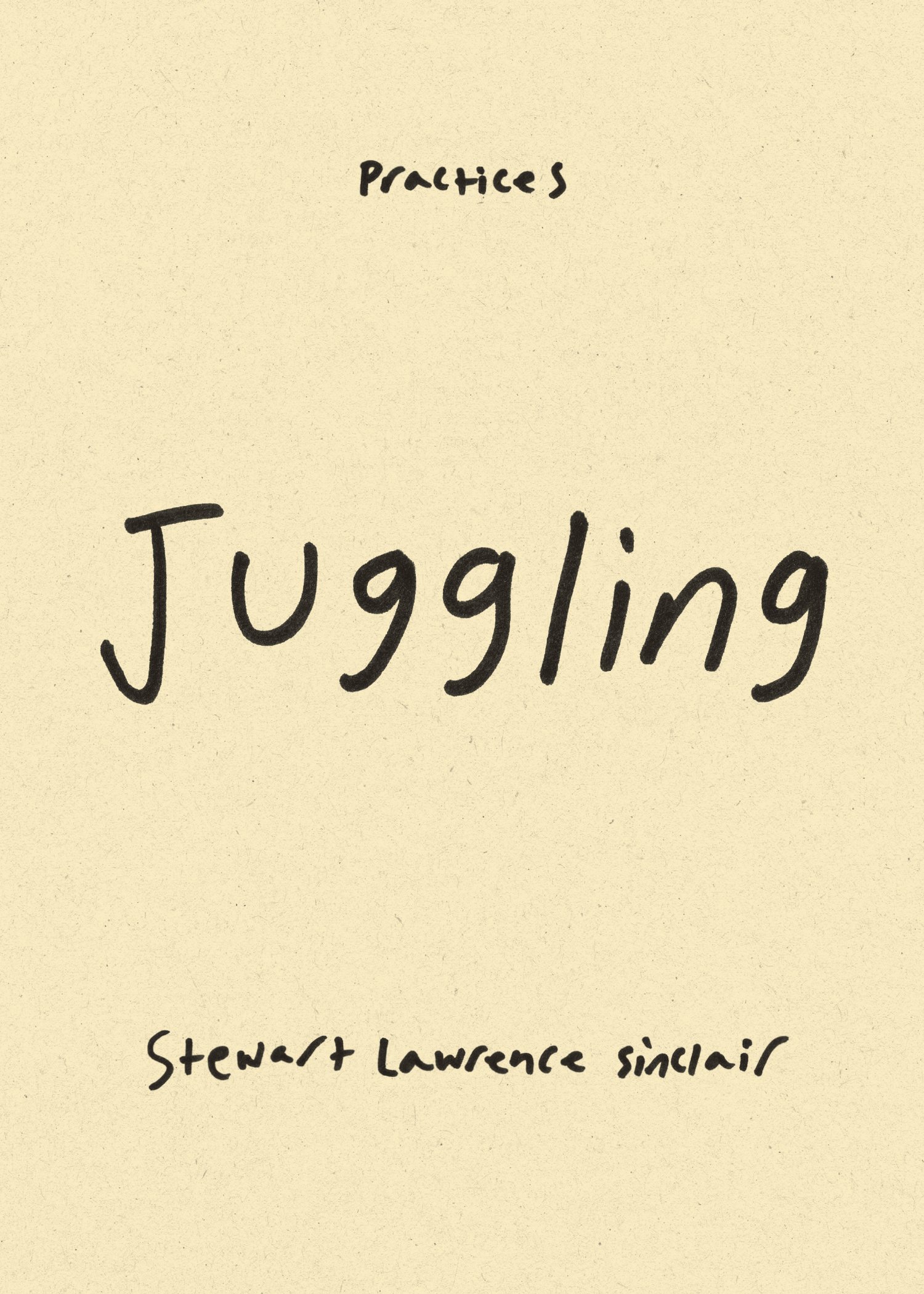Space Rover
(Bloomsbury/The Atlantic, 2024)
“Moving nimbly from the moon to Mars, from the depths of the Atlantic to a nuclear reactor, Stewart Lawrence Sinclair artfully traces a history of amazing mechanical rovers through the Cold War, the Chernobyl disaster, the 9/11 attack, and his own upbringing near NASA’s Jet Propulsion Laboratory. Instigated by the discovery of old photos after a devastating wildfire, Space Rover clears an astutely unpredictable and philosophical path from Stewart Lawrence Sinclair’s boyhood in Southern California through a rich cultural history of mechanical wanderers. Space Rover is an auspicious call for—and at times, a solemn caution against—wandering. What a thought-provoking exploration of the purposeful meandering that humans and their mechanical, roving proxies do!”
—Anna Leahy, author of the nonfiction book Tumor and the poetry books Aperture and Constituents of Matter.
Space Rover is the latest entry in Bloomsbury/The Atlantic’s Object Lessons series, in which each project starts from a specific inspiration: an anthropological query, ecological matter, archeological discovery, historical event, literary passage, personal narrative, philosophical speculation, technological innovation—and from there develops original insights around and novel lessons about the object in question. Space Rover explores the planetary rovers that first embarked across the surface of the moon and have now found their way to Mars, and back home to the most inhospitable environments, from the arctic tundra to the destroyed rooftop of the Chernobyl nuclear reactor.
Juggling
“Describing juggling as a hobby, an obsession, and a world, Stewart Lawrence Sinclair pulls us deeper and deeper into not just the world of the juggler but the mind of the juggler. Juggling is great catchy fun and way deeper than I expected.”
— Ander Monson, author of Predator: A Memoir, A Movie, an Obsession
In Juggling (Duke University Press, 2023) Stewart Lawrence Sinclair explores the four-thousand-year history and practice of juggling as seen through his life as a juggler. Sinclair—who learned to juggle as a child and paid his way through college by busking—shares his experiences of taking up juggling after an episode of suicidal ideation, his time juggling on the streets, and ultimately finding comfort in juggling during the COVID-19 pandemic. In many ways, this is a book about loss and recovery. From his own juggling story to clowns braving military checkpoints in Bosnia and Rwanda to perform in refugee camps to contemporary avant-garde performances, Sinclair shows how the universal language of juggling provides joy as well as a respite from difficulties during hard times.

